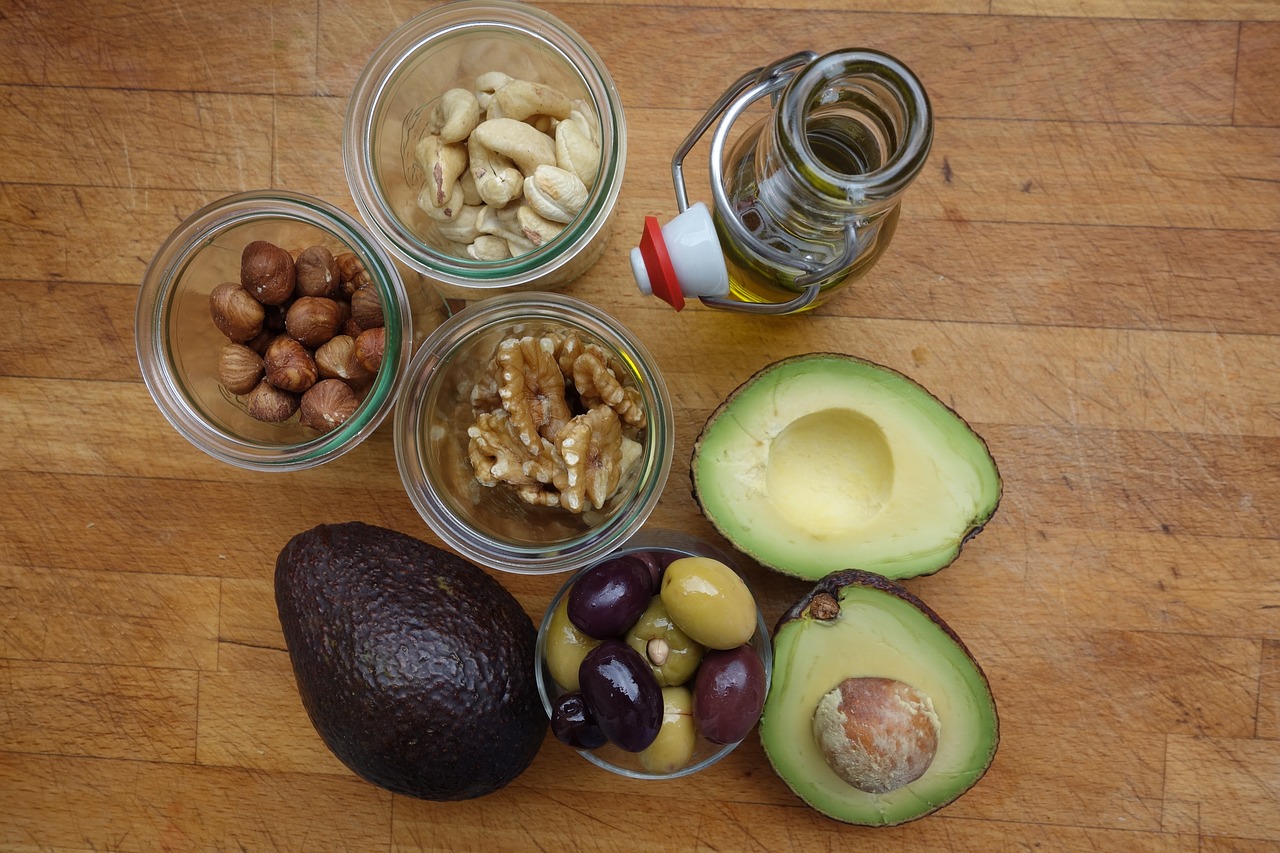Embark on a journey to unravel the mystery surrounding our diet’s hero: fat. That’s right, you read it correctly! It is not just a weighty enemy but a supportive friend that our bodies lean upon. Generally speaking, debates on fats in the health and wellness arena have always been controversial issues and very often cause confusion. Is there a difference between good fats and bad fats? Do some fats fall into the “good fats” and “bad fats” category? What is the rule of thumb for telling them apart? If you happen to be at this point, you are not alone because many of those who are enthusiastic about their health have gone through that at some point in their lives. In this article, we are going to uncover the world of fats, in which good fats and bad fats concepts get demystified with the role of a healthy diet and lifestyle highlighted.
Types of Good Fats
Different from the common perception, not all fats are harmful to our body. Rather good fats or unsaturated fats, not only work in promoting many if not all the body functions. This kind of fat usually is in a liquid state at room temperature and usually remains in a liquid form even when refrigerated.

Monounsaturated Fats
Monounsaturated fats are famous for their cardioprotective effects. They are capable of this function by lowering bad cholesterol levels and reducing the risk of heart disease. Olive oil, avocados, and nuts are rich in healthy monounsaturated fats.
Polyunsaturated Fats
What makes polyunsaturated fats noteworthy is their ability to promote health, as our bodies cannot produce them endogenously, hence our need to obtain these fats by diet. Omega-3 and Omega-6 fatty acids fall into this category and are crucial for brain function and cell growth.
Types of Bad Fats
While good fats are vital for the daily diet, the unhealthy ones (saturated and trans fats) can pose a great risk to one’s health if consumed excessively. These fats are solid at room temperature and are commonly found in processed foods and fried meals.

Saturated Fats
Saturated fats are mainly contained in animal products (meat and dairy). However, they are not inherently bad, but consuming too much of them can still lead to high cholesterol levels and an increased risk of heart disease.
Trans Fats
Trans fats are the main culprit responsible for adverse impacts on heart health. They are artificially synthesized through hydrogenation, a process where liquid oils are transformed into solid fats. Trans fats can be found in fried foods, baked goods, and packaged snacks.
Benefits of Good Fat
Energy Source
Fat is a concentrated energy source that provides about 2 times more energy than carbohydrates or proteins can. It is especially important during prolonged physical activity or situations when the body needs a sustained supply of energy.
Cell Function
Fats are prime components of cell membranes and are responsible for cell signaling and communication, critical for cell function. They regulate the flow of substances in and out of cells, ensuring proper functioning and preserving cellular/molecular structure.
Vitamin Absorption
Some vitamins, such as A, D, E, and K, are classified as fat-soluble vitamins, meaning they require the presence of fats for absorption. Without a sufficient amount of fat in the body, these vitamins may not be absorbed properly, leading to deficiencies and health complications.
Brain Function
Omega-3 fatty acids, found in high levels in fatty fish like salmon and walnuts, are important for healthy brain function.
Heart Health
Good fats can be associated with the prevention of cardiac diseases and strokes.
Weight Management
Consuming good fats in limited amounts can be useful in losing weight and controlling weight since they play an anti-appetite role, reducing cravings.
Improved Skin
What can an individual do to have glowing, healthy skin? Well, you should have enough healthy fats in your diet. Healthy skin needs essential fatty acids because omega-6 and omega-3 polyunsaturated fats initiate eicosanoid production, which regulates the inflammatory responses of your skin.
Promote Good Sleep
Did you know that foods rich in healthy fats like almonds and other types of nuts can also improve your sleep? Scientific research has shown that consumption of essential fatty acids has a positive impact on the brain and can be useful in improving sleep.
Risks Associated with Bad Fats
Heart Disease
The intake of the wrong fats, particularly unhealthy trans fats, has been shown to play a significant role in the development of heart disease and stroke.
Weight Gain
The majority of what are called “bad fats” are also “calorie-dense” foods, which means that when you eat too much of them, you’re likely to gain weight and become obese.
Cholesterol Imbalance
Conversely, bad fats can raise the levels of LDL (bad) cholesterol while reducing HDL (good) cholesterol, creating a state of imbalance that is indicative of multiple major cardiovascular problems.
Recommended Daily Intake
The amount of fat you should consume each day depends on factors such as your age, gender, and activity level. Nevertheless, that is just a rule of thumb, as the maximum proportion of calories originating from fat is about 20-35% of total daily calories.
The fat is can neither be described as a friend nor as a foe but it is a vital nutrient which does play a vital role in maintenance of health and wellness. Learning about different types of fats, making wise dietary decision, and paying attention to your acute body’s needs, will show you a way to a nutrition plan that will benefit your health most.





Leave a Reply